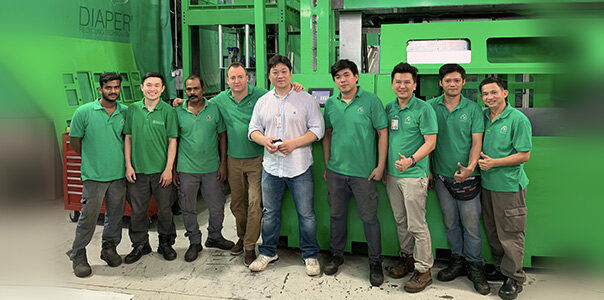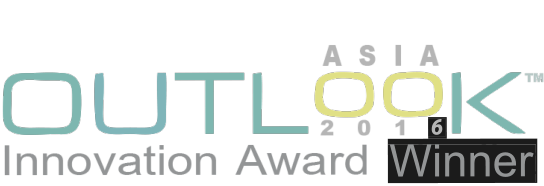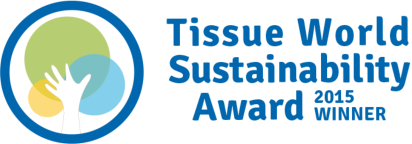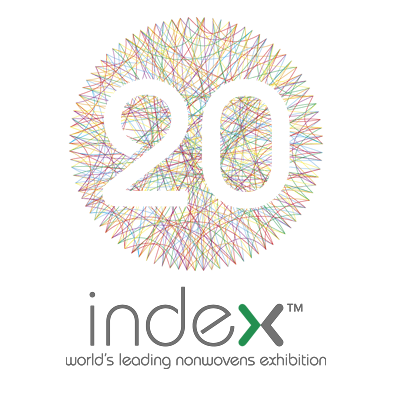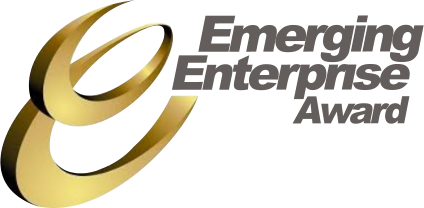Technology advances post-industrial diaper recycling efficiency
Diaper Recycling Technology, which is based in Singapore, has developed energy-efficient technology for recycling post
industrial diaper waste. The new process requires only 85W kg/h and can eliminate the air buster fans, which typically consume 90% of the energy
in incumbent solutions.
Martin Scaife, CTO, Diaper Recycling Technology, says: “New in-flight material separation processes offer game changing performances for the hygiene sector, enabling hygiene producers to more efficiently recover their factory waste as well as providing plastic feed-stock clean enough to enable
circular economy.” He adds: “Processes to separate the raw materials of this mixed waste stream have existed for some time, however market penetration has been low. High energy costs, purity issues and material damage are often cited as reasons why market penetration has not been higher.” The new in-flight material separation technology separates post-industrial rejected diapers back into the original material components: superabsorbent polymer (SAP), pulp and plastic.
The plastic stream is processed up to 400 times, the last 50 steps of which include a surface polishing process which ensures a very high recovery rate of SAP and pulp, as well as a clean plastic stream. Next, the pulp is separated and scanned to identify other impurities (such as earplugs or other unwanted waste), which are then removed automatically. After scanning, the fibres are blended back into the core former via gravimetric feed. The SAP is blended with virgin SAP, typically in a 10:1 ratio and gravimetrically fed back into the production process.
Finally, the plastic stream can be pelletised and mixed with compatibilisers (such as ExxonMobil Vistamaxx) to be sold on the open market or sold back to the raw material supplier to enable a circular economy.
Scaife says: “The technology offers a solution to the global diaper waste problem. Globally, billions of baby diapers are rejected annually during the automated factory quality control process. Across the entire hygiene sector – including adult, feminine, pet and bed pads – US$1.5bn of production
is wasted.”
He concludes: “The latest recycling technology advancements set a clear foundation for the hygiene sector enabling circular economy to move into reality over the coming years.” Diaper Recycling Technology’s virtual booth is available to visit on the INDEXTM20 online platform.
